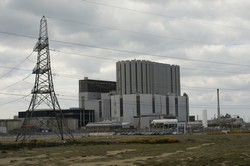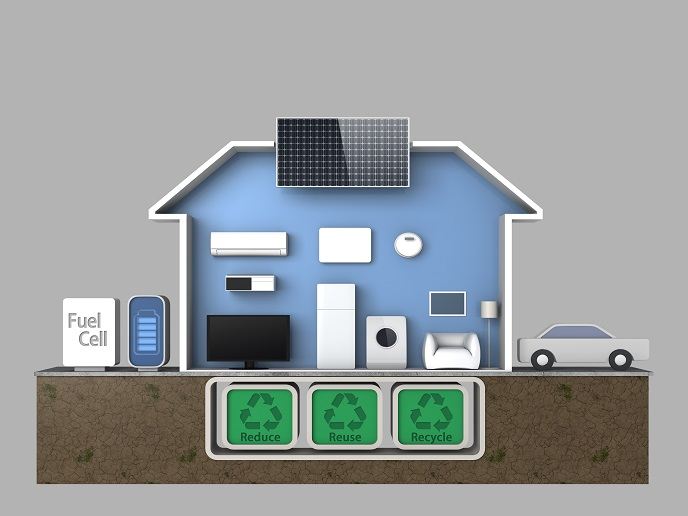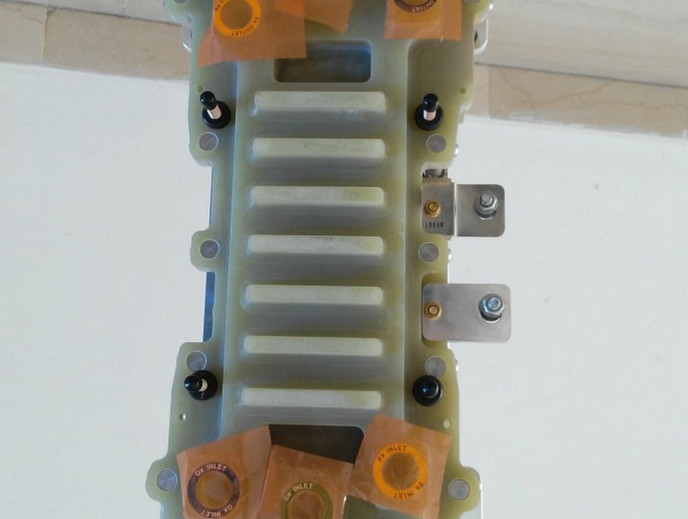Nuclear cogeneration empowers low carbon heat production
Industrial cogeneration of power and heat relies heavily on fossil fuels. However, fossil fuel prices and their insecurity of supply together with carbon taxation have put considerable pressure on the European industry. Nuclear energy is an excellent source of process heat for various industrial applications, and nuclear cogeneration will bring a host of environmental, economic and societal benefits. The Sustainable Nuclear Energy Technology Platform (SNETP) recognised nuclear cogeneration as one of its three technology pillars. Under the SNETP umbrella, the Nuclear Cogeneration Industrial Initiative (NC2I) was set up to demonstrate an innovative and competitive energy solution for the low-carbon nuclear cogeneration of heat and electricity. The EU-funded project NC2I-R(opens in new window) (Nuclear cogeneration industrial initiative - Research and development coordination) was established to support NC2I activities by preparing the conditions for developing a European cogeneration industrial demonstrator for next-generation nuclear reactors. The aim of NC2I-R was to commission a nuclear cogeneration prototype for testing and deploying this low-carbon energy technology in several energy-intensive industries. Project partners investigated several legal and safety issues for developing nuclear cogeneration and licensing technology. They focused on drawing up strict specifications for the demonstrator to ensure its viability and replicable production, and satisfy market demand. Building on the outcomes of previous EU projects, project partners argued that low-temperature heat from light-water reactors does not pose a safety risk to society. Similar research was also conducted on coupling nuclear cogeneration with high-temperature reactors. In addition, partners explored possible deployment scenarios for the cogeneration demonstrator plant, conducting economic analyses and interviews with prospective end users. As a key low-carbon technology, nuclear cogeneration is contributing to decreasing carbon dioxide emissions and securing energy supply of European industries. Moreover, NC2I-R is providing a clear path towards constructing a specialised cogeneration plant, gearing up the EU to make nuclear cogeneration a reality. NC2I-R will help to increase the resilience, security and smartness of the energy system as nuclear cogeneration will decrease the need to import fossil fuel. It will also step up research activities into the application of nuclear cogeneration for carbon capture and storage technologies and their commercial viability.







